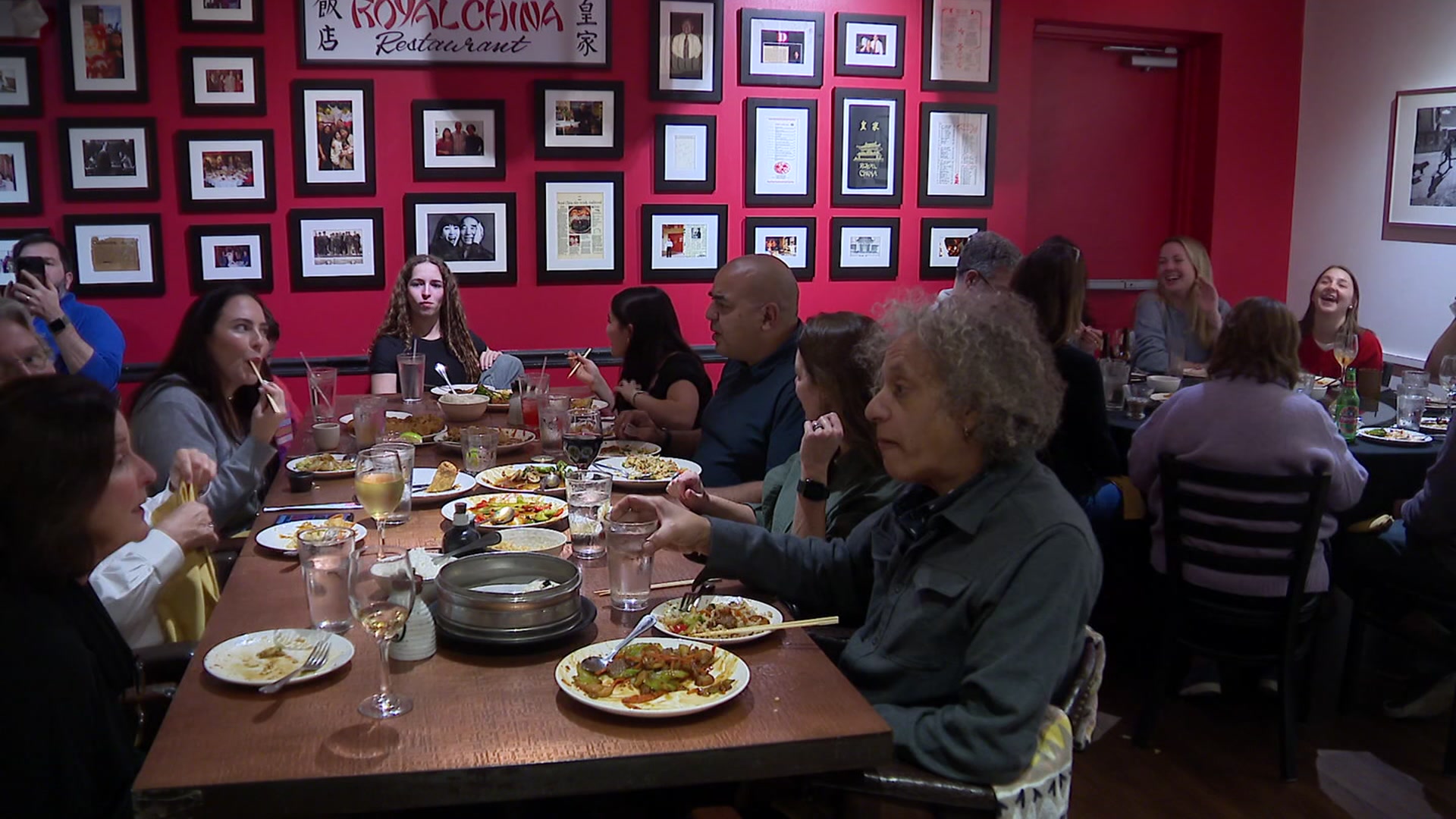A modern medical marvel is helping revolutionize patient care in North Texas. The new pills are filled with more than just medicine. They also contain a tiny sensor with a very important role.
Izayah Neil, 15, takes a lot of pills.
"I've been taking meds almost all my life," he said.
He takes 10 a day, and he knows the drill. Keeping track of all that medicine is a necessity when you're living with a transplanted kidney.
"They're very important for your kidney. If you don't take them your kidney could get damaged and you could die," Izayah said.
Izayah was born with a syndrome that killed his kidneys. He doesn't want that to happen again, so he takes powerful drugs to prevent his body from rejecting the transplant.
"Even though he's very good at taking his medications on his own, mom's not always going to be there," said his mother, Tara Chamberlain.
Local
The latest news from around North Texas.
Izayah's mom says it's been a tough year since the transplant. Her son started taking 30 pills a day. Doctors whittled it down but it's still a lot to remember.
So now they have some help.
"When he takes his medicines and it's absorbed into his system, we get a text message. I get one on my phone, he also gets one on his iPad that says, 'Hey, you've taken the medicine,'" Chamberlain said.
And just like that, Izayah, his mother and his doctors get a message every time Izayah takes his pills.
It's thanks to the tiny sensors added to Izayah's pills each time his prescriptions are filled at Children's Medical Center in Dallas.
"This is cutting-edge technology," said Dr. Dev Desai, chief of pediatric transplantation at Children's Health and Professor of Surgery and Pediatrics at UT Southwestern.
He says the sensors are becoming a vital part of post-transplant care, particularly for teenagers.
"The number one reason teenagers lose their transplanted organ is from medication non-adherence," Desai said. "In some cases (that) might require them to have a second transplant."
Desai tracks his patients' progress from his desktop.
As the pills Izayah takes dissolve, they send a message to a patch attached to his body. The device then forwards encrypted data to the doctor.
"We've been able to catch a patient taking the wrong dose and we're able to correct that right away," Desai said.
Izayah's mother says the device means fewer visits to the doctor, which helps keep her son in class.
But the benefits come with risks, especially if this technology were to become widely available.
"Every technology, itself, is neither good nor evil. It's how you use it," said Dr. Michael Rubin, Assistant Professor of Neurology at UT Southwestern and Chair of the UT Southwestern Ethics Committee.
Rubin studies medical ethics issues and has some concerns, such as what if your insurance company can access your records?
"Could they then say, 'We have records that say you only take your blood pressure medicine half of the time, so we're going to put you in a higher-risk category and we may charge you a higher premium,'" Rubin said.
But that's a distant concern for Izayah and his mom.
For now, this technology is helping them focus on what's most important. And it helps him stay alive.
"These medications are basically what help the kidney stay alive. They help him stay alive," Chamberlain said.
Right now, Children's Health is fronting the costs for the digital pill program so there's no charge to families. About 20 children who've received transplanted organs are using the pill tracking system.




